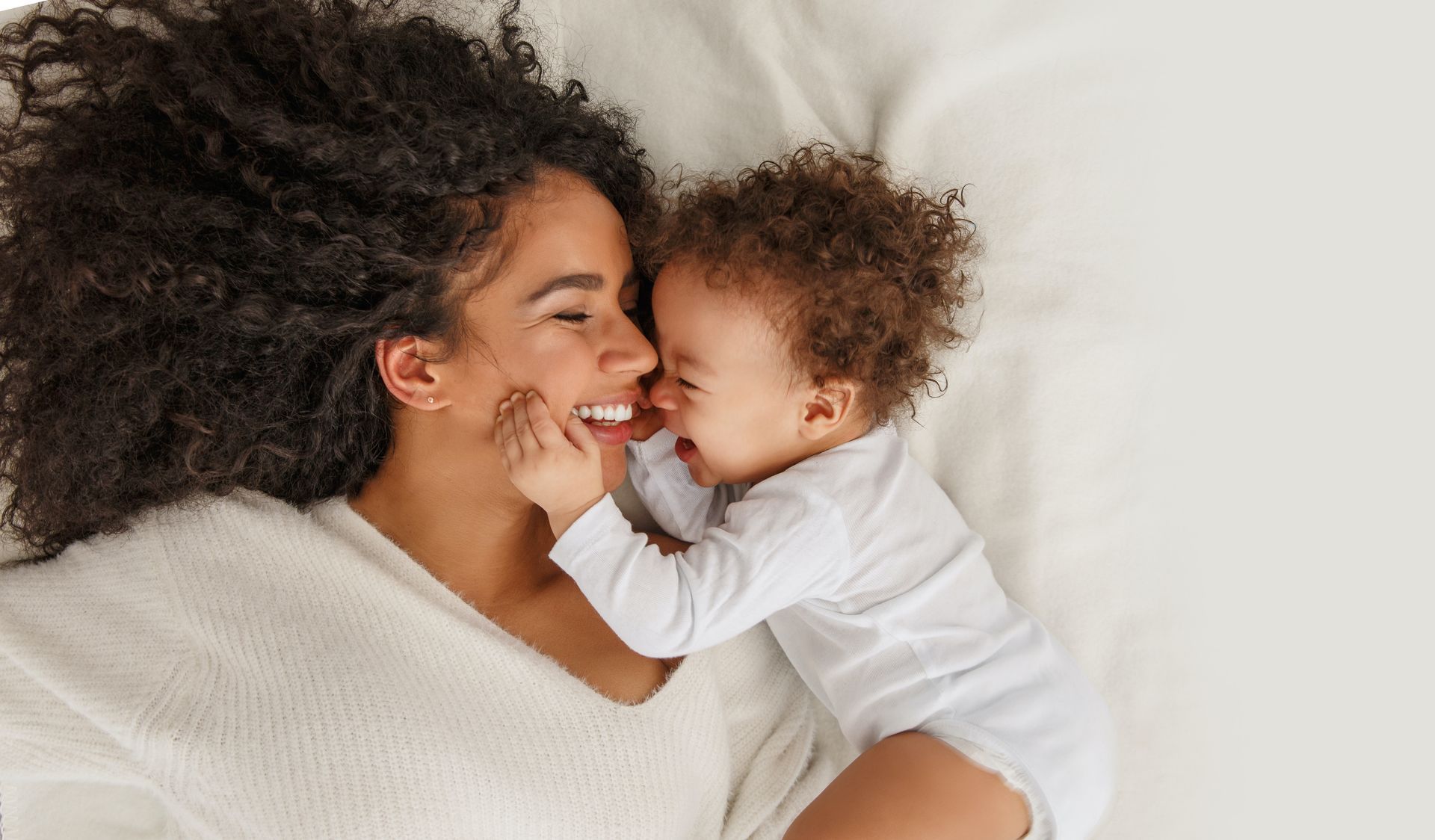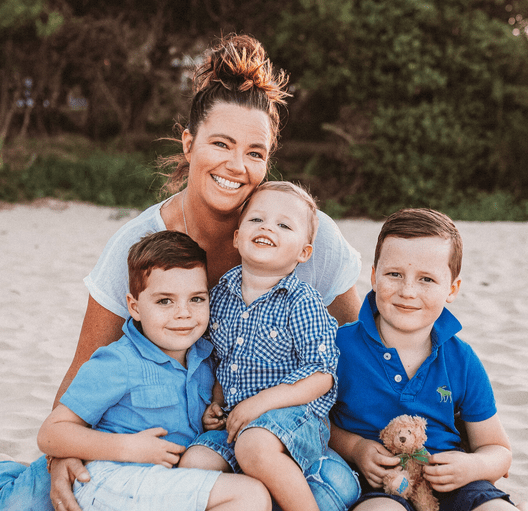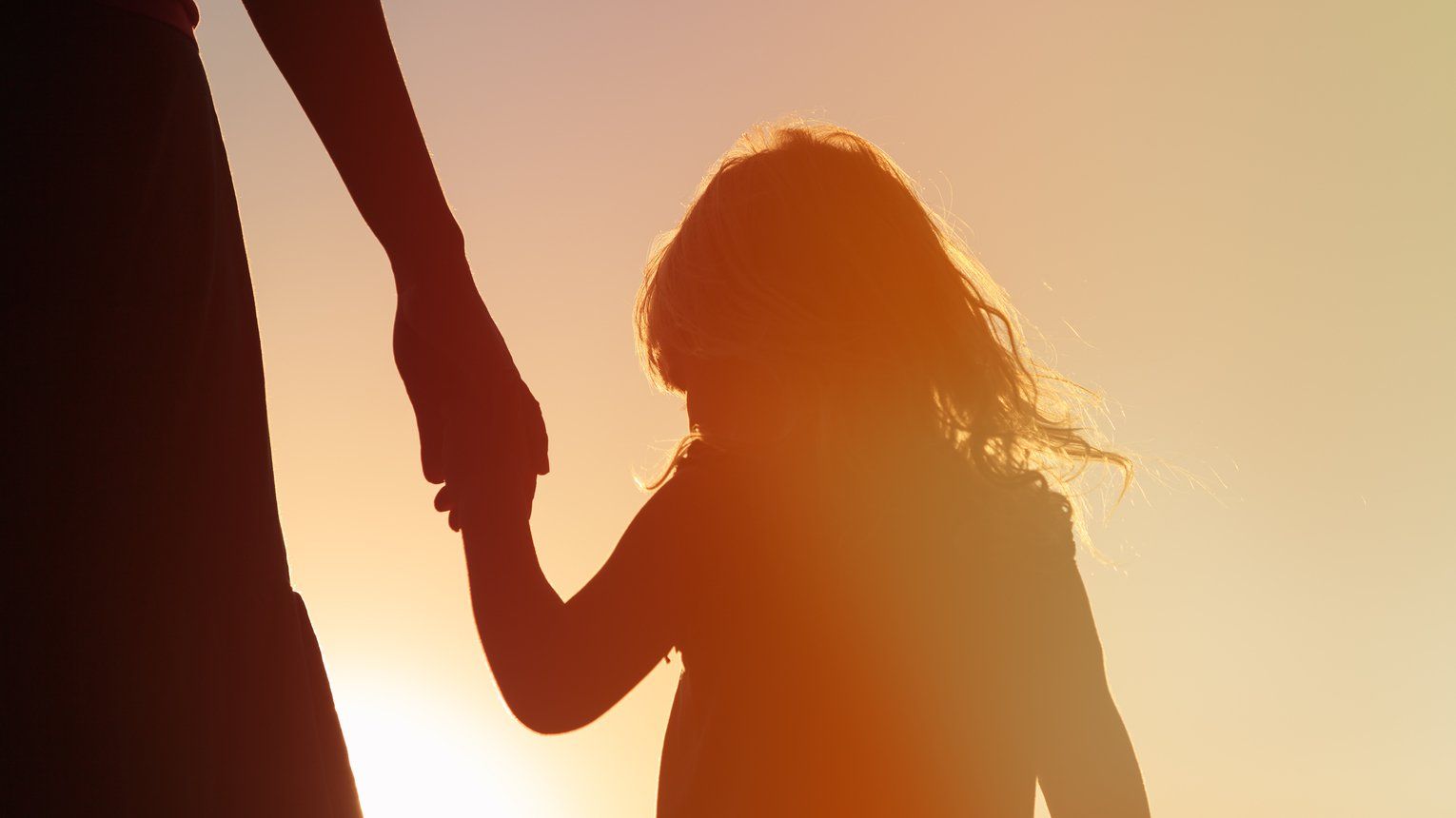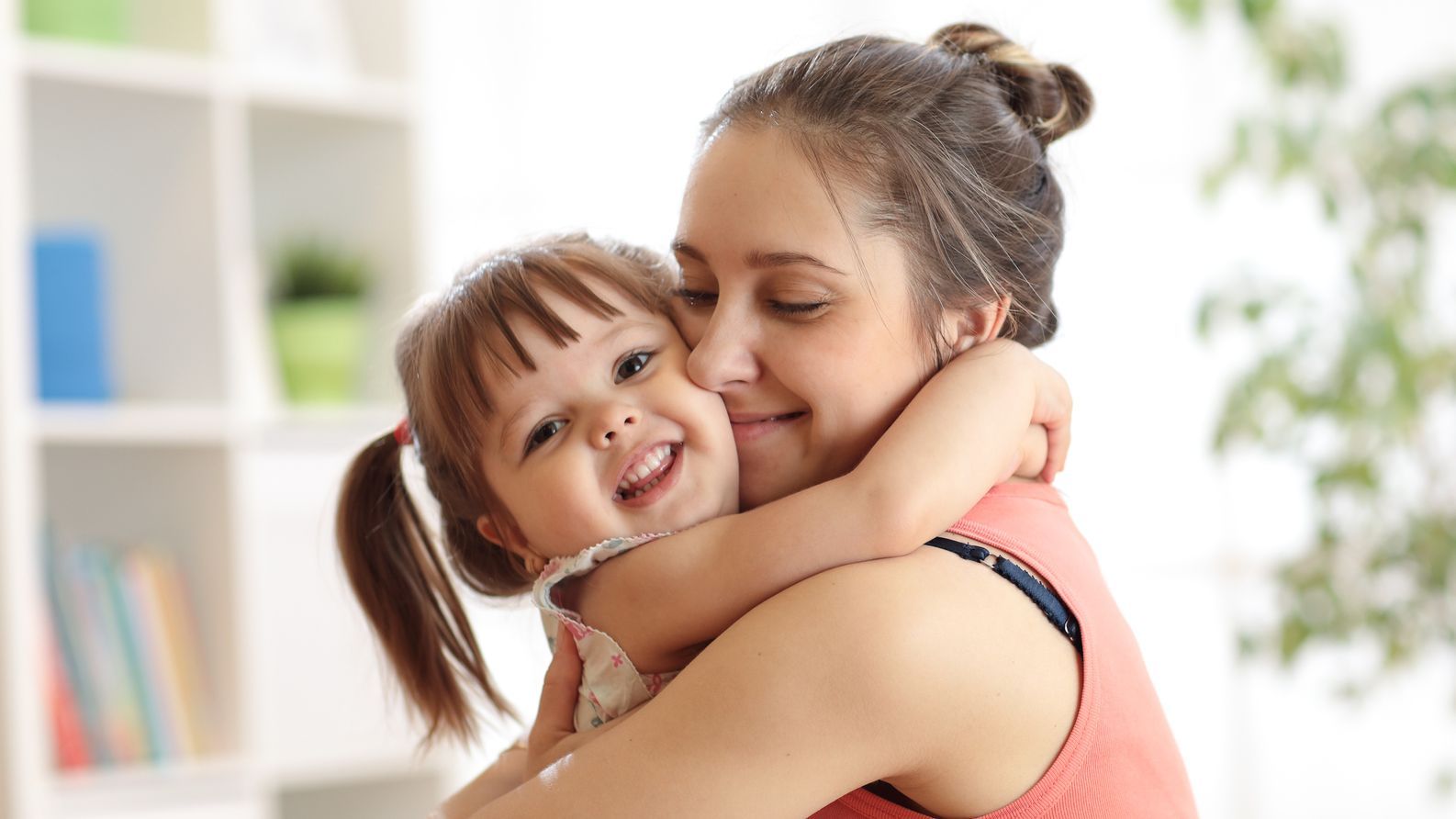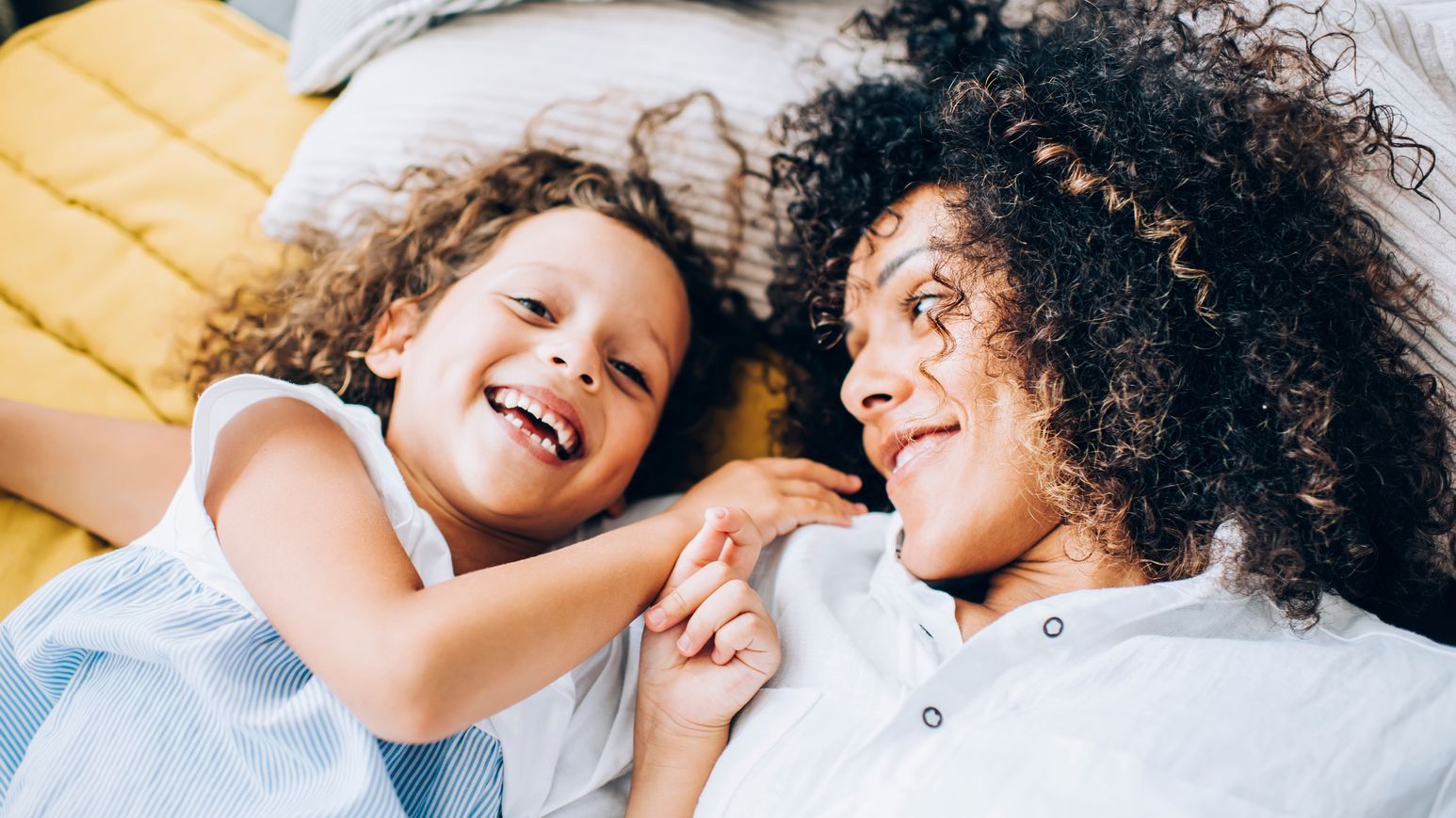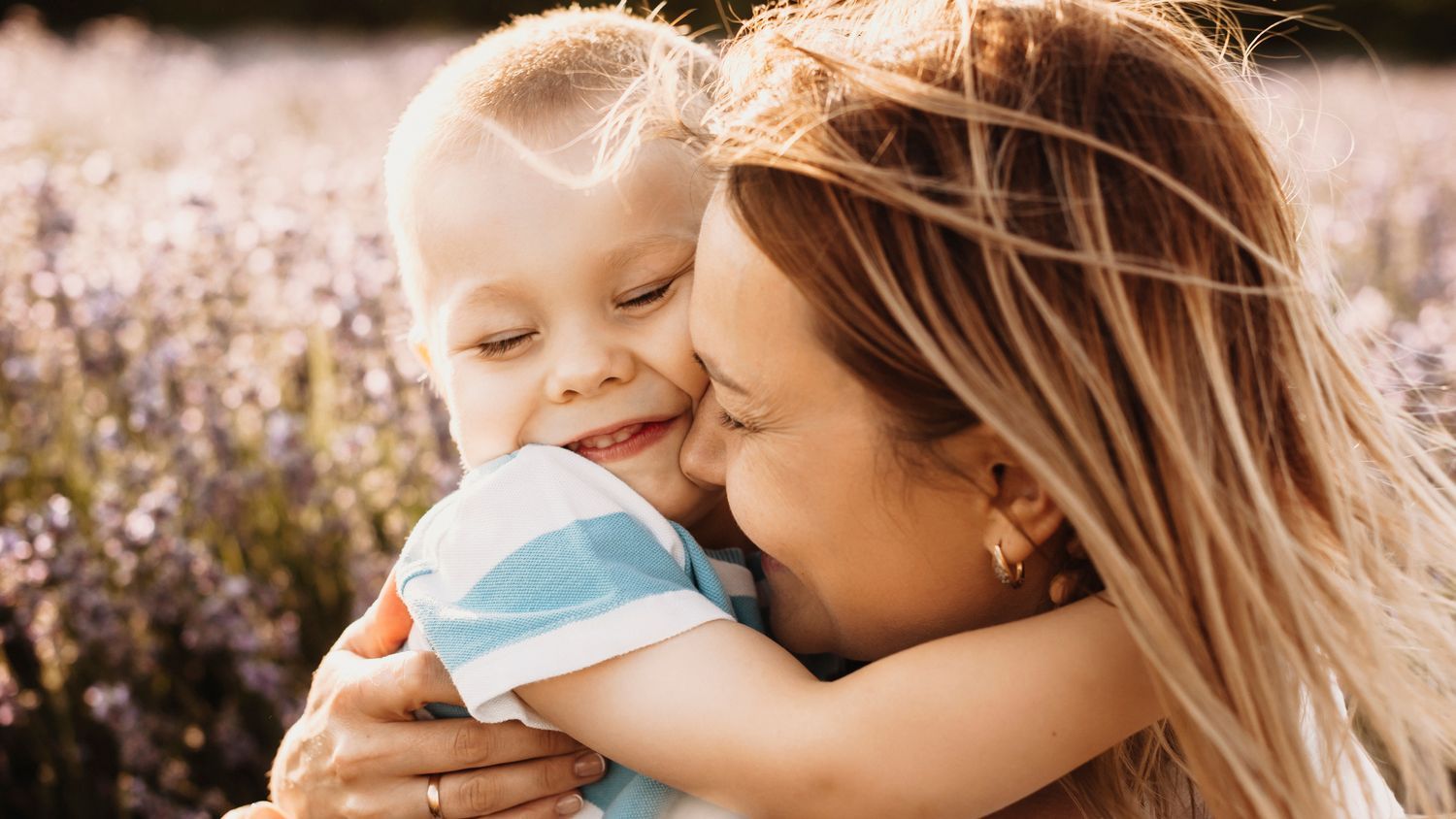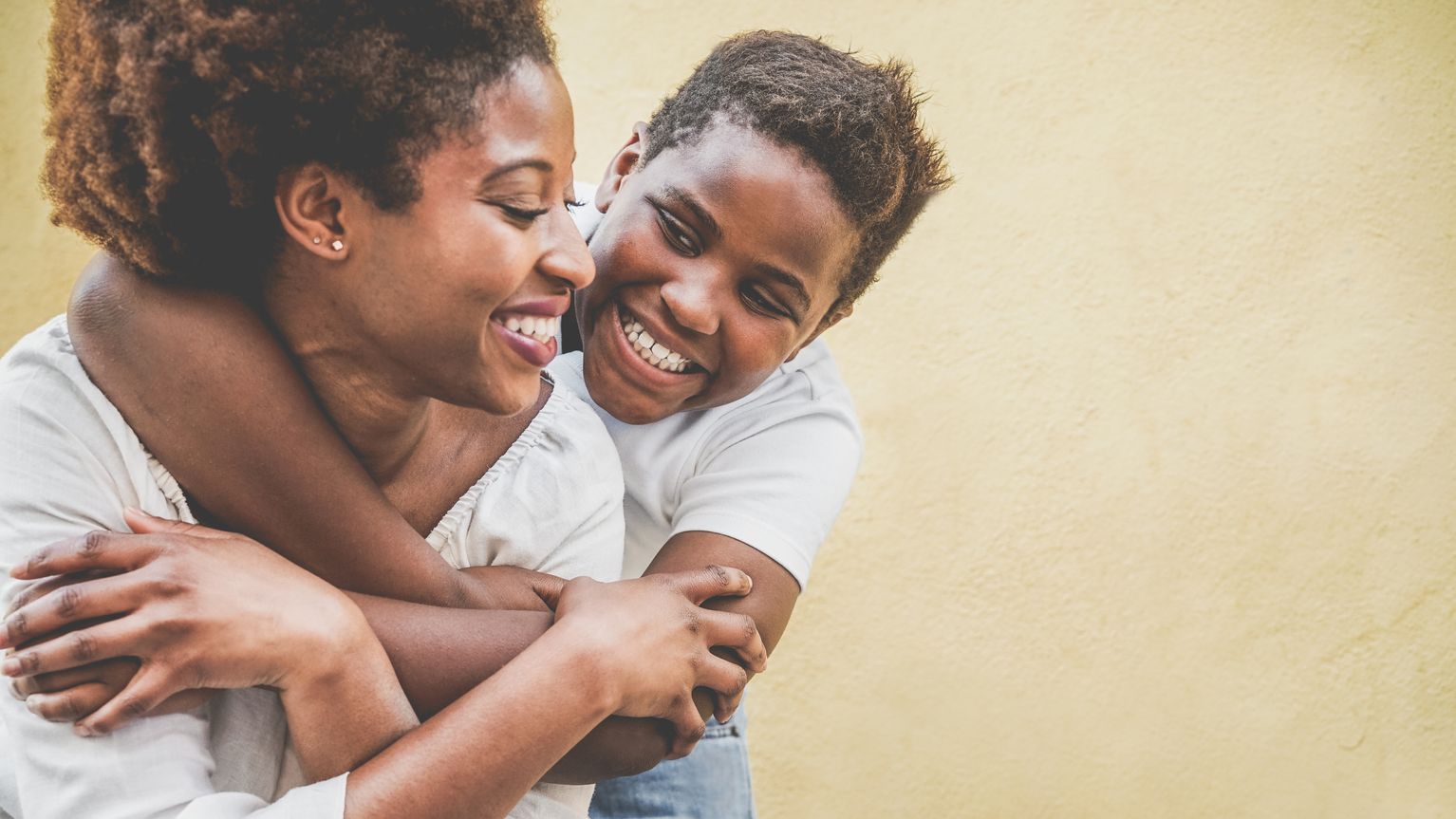
“We are at a unique time in history where as parents we get to reunite with ourselves and feel our feelings with autonomy and freedom, and teach our kids how to do the same”
– Rebecca Lyddon
It's no secret that parenting a child in the midst of a tantrum is hard work. Children are emotional, and so too are adults. However, most of us have learned to stifle our emotions, especially the more challenging ones like anger, sadness, grief, rage, disappointment, (and so on), to keep the peace. Research suggests that suppressing our big emotions from an early age can cause a build up of stress in the body which can lead to anxiety, depression, aggressive behavior, explosive anger, and chronic health issues.
According to Aletha Solter, Ph.D., and author of the parenting book Tears and Tantrums: What to do When Babies and Children Cry, “Boys and girls must be allowed to cry and rage. Otherwise, they harbor unresolved anger, resentments, frustrations, and fears they may act out as violence towards themselves and others.”
For previous generations, listening to children wasn't a common practice, and so learning to listen to your child's emotions can feel foreign, uncomfortable, and even excruciating at times. It takes practice to be comfortable sitting with your child’s feelings, and additionally our own. It takes a large amount of self-compassion and forgiveness in heated moments to remain calm, and you won't always have the capacity to listen.
We cannot be calm and present all the time.
However, when parents learn to feel their own emotions, they can build the capacity to listen to their children. Learning to listen to feelings is the paradigm change in parenthood and society that we need for improved emotional well-being and mental health.
Experiencing big feelings
Above all, children have a deep, core need for their big feelings to be heard—not shut down, fixed, or suppressed.
Common suppression responses from parents to a child’s big feelings include:
- Offering food (even though they might not be truly hungry)
- Distracting the baby/child with books, food, play, songs
- Not responding to them, so the child might self-soothe and take up thumb sucking or other control patterns to make themselves feel safe
- Using language like: 'Stop being a baby', 'Be tough','Don't cry' or 'You're okay.' (No shame here, we’ve all done this during times when we’re overwhelmed by their big feelings!)
Here are ways that we can respond with more connection:
- Notice that your child is upset and look at it as an opportunity to connect.
- Just LISTEN. Without judgment or trying to fix the problem 'I am here with you. I am listening. Tell me more.'
- Wonder what they might need at this moment? What might they be feeling?
- Validate their emotions. 'I understand that might make you feel sad’
- Allow yourself empathy. What are YOU feeling? Frustration, anger, guilt, worry, numbness?
- Be present with your mind and body. Notice your breath.
- Set limits if required—loving yet firm. For example: 'I’m not willing to let you hit me’ 'I am listening, AND I won't let you break things.'
- Hold space for tears, tantrums, and rage—you don't need to fix. Again, just LISTEN.
Building awareness
We don't always have time to feel our feelings in the moment. Life is busy. Perhaps you are not in a suitable environment to have a big release (school, work, transport, or a cafe), and in some cases relying on distraction and coping mechanisms is okay. But if we use these techniques all the time, we have work to do: self-reflection, healing, and education for us and our children's sake.
When we build an awareness of our responses, triggers and ideas of the way children should be (through the lens of ‘good or bad’ behavior), we can respond more thoughtfully to our children's emotions, rather than with reactivity. Doing this means that we can guide our children to healthier emotional awareness and expression, which builds creativity, resiliency, and self-worth in the long term.
Ultimately, we cannot listen to our child's feelings unless someone is listening to ours, so as empowered parents, we can make space for this to happen. Some ways we can have our feelings heard are:
- Listening partnerships / listening time
- Women's or parenting circles
- Parent coaching
- Therapy or counseling
- Building supportive, safe friendships
A path to healing
We all carry wounds and emotional pain – it is a part of life. Parenting with more awareness will likely begin a healing journey that can provide so many benefits for yourself and your family.
Steps to healing might include:
- Cry – get comfortable with your tears and know they are releasing pain and stress
- Journal your thoughts and emotions
- Pay attention to your breathing – slow it down and focus on a long exhale a few times a day or when your nervous system needs a reset
- Practice a 'daily scream’ – alone in your car. Connect with an intense feeling and scream it out. It will feel confronting, and you may go hoarse. Try it anyway.
- Move. Run, walk, yoga, dance, shake, jump on a trampoline. Even better if in nature.
- Practice self-compassion and talk to yourself as you would to a friend in need.
- Download a meditation app like Insight Timer and search ‘self-compassion’ and practice every day, even for just two minutes.
And when you mess up, make mistakes and lose your temper (like we all do), practice grace and self forgiveness, and then repair the rupture with your child. Not only are you bringing back connection with your child, you are also modeling repair.
For the parents who feel like they can't find the time and space to heal—you
are
healing simply by sitting in awareness with your children.
When you become aware of your patterns and start making small changes, this is healing. It doesn't have to be big and grand; take small steps every day. Speak lovingly to your child and let the little inner-child within you hear it too.
Be kind to yourself as you are learning, growing, and healing. Listening to big feelings is not easy, but it is so worth it.
Meet Your Author, Alita Blanchard
Alita is a mother of 4 young boys (including a stillborn son Remy) on the NSW Central Coast, in Australia. She is a trauma informed Conscious Parent Coach, Women’s Circle and Rites of Passage facilitator. She provides regular mothers circles, workshops, events, listening time and parent coaching programs
Alita is passionate about creating a safe space for mothers to feel heard and seen in the intensity of their motherhood journey. She supports and guides mothers in their transformation through motherhood and helps to bring awareness to their own needs and emotions so they can feel more aligned, aware and connected to themselves and their children.
Website:
www.theawaremama.com.au
Social: @alitablanchard_parentcoach
KEEP READING:
